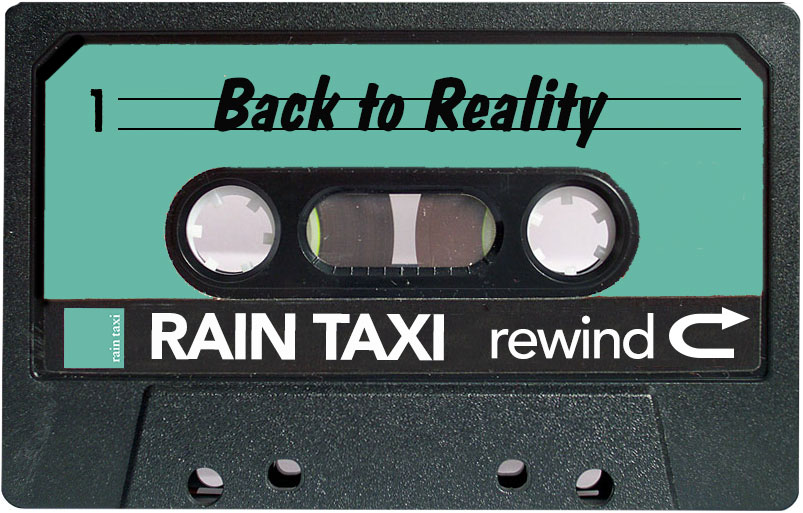 When you make your living working with fiction, every now and then you start to crave something “real.” It’s a deeper feeling than one that’s fixed by a simple switch to reading nonfiction for a while; it’s got more to do with the task itself, the editing, the reading, the beginning with a story and the fact that no matter how well it’s constructed or fixed, that’s what it will be at the end too. There’s something to the idea of creation or discovery that exists only metaphorically in the world of literature but is thankfully quite real in other disciplines.
When you make your living working with fiction, every now and then you start to crave something “real.” It’s a deeper feeling than one that’s fixed by a simple switch to reading nonfiction for a while; it’s got more to do with the task itself, the editing, the reading, the beginning with a story and the fact that no matter how well it’s constructed or fixed, that’s what it will be at the end too. There’s something to the idea of creation or discovery that exists only metaphorically in the world of literature but is thankfully quite real in other disciplines.
I always get envious of the scientists when I think like this, particularly cosmologists, the people so often coming up with the raw information that shapes our worldviews. They’re the ones telling us where the current limits of knowledge are, and then expanding them. It’s one thing to speculate in prose or poetry about how the world came to be, or what time actually is; it’s quite another to go out there and get your hands dirty trying to find answers. These are the people formulating from nothing the ideas worth writing the poems and the speculative novels about. Think of the difference between science and science fiction: when you put those terms next to each other, “fiction” becomes less a genre and more of a limiting modifier, doesn’t it? Too often those of us on the writer side forget that our muses usually come from the hard work of other fields.
Forays away from fiction can only serve to help one’s writing and editing. It’s easy to get enraptured in just the world of words, but that world only stands to be enhanced by making sure we’re seeing the boundaries being pushed by fields well beyond our training and experience.
Some of Rain Taxi’s best reviews of books on cosmology and scientific theory:
Review by Rudi Dornemann of Deep Time by Gregory Benford (Fall 1999, online)
Review by N. N. Hooker of Our Posthuman Future by Francis Fukuyama (Summer 2002, online)
Review by Patrick James Dunagan of The Night Sky by Richard Grossinger (Summer 2015, online)
